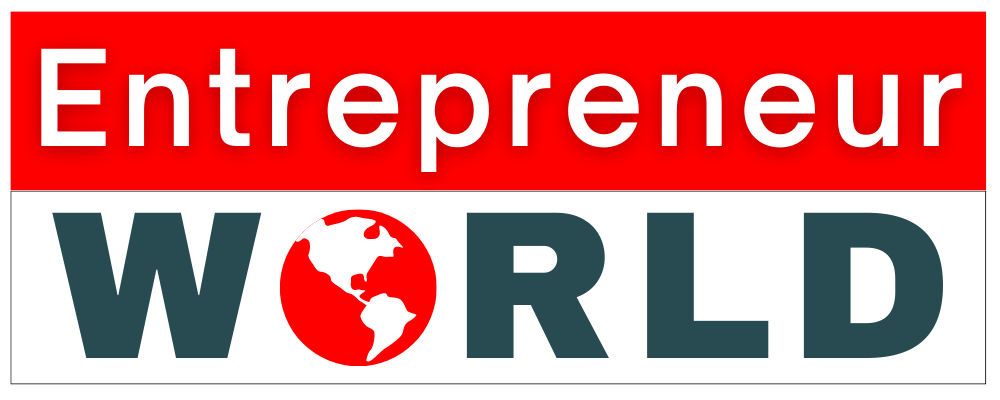Angel investment fund Peaceful Progress has announced the first close of its INR 50 Cr corpus for early-stage startups.
The fund raised the initial corpus from more than 15 angel investors and high-net-worth individuals (HNIs) from verticals such as information technology, financial services, hospitality, among others. The fund underlined its plans to invest up to INR 3 Cr per startup.
It will primarily look to invest in segments such as fintech, healthTech, edtech, foodtech, consumertech, direct-to-consumer (D2C) and electric vehicles (EVs). Peaceful Progress will look to fund 15-20 early-stage startups in the next three to four years.
The fund is a category-I alternative investment fund (AIF) and received approval from the Securities and Exchange Board of India (SEBI) in February this year.
Led primarily by Chandrashekar Kupperi, Kamal Agarwal, and Sitaraman Parthasarathy, the fund has so far invested in four startups – edtech platform Expertrons, HRtech startup Kredily, cleantech startup Sheru and retailtech platform Infilect.
Recommended For You:
“To our investees, we offer support, guidance, lend expertise and access to a wide network for growth, in addition to funds. We are thankful to our investors for their patronage to Peaceful Progress and we are roping in more to join us on our journey,” Peaceful Progress general partner Chandrashekar Kupperi said.
With the first close, Peaceful Progress has joined the growing list of investment firms that have raised funds amidst whispers of a ‘funding winter’ and a global economic slowdown.
Barely a week ago, investment firm B Capital announced the final close of its $250 Mn Ascent Fund II to invest in US and India-based early-stage startups. Prior to that, another US-headquartered VC firm Lightspeed announced the closing of a $500 Mn fund dedicated solely to India and the South-East Asia region.
In June, Sequoia Capital India raised its largest ever $2.85 Bn fund to invest in startups across India and Southeast Asia.
According to Inc42 data, 78 funds worth $12.3 Bn have already been launched in the first six months of 2022.



